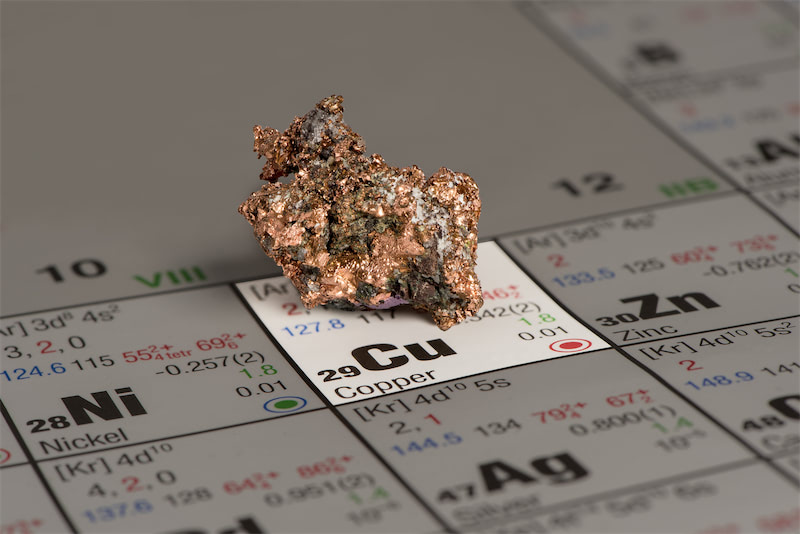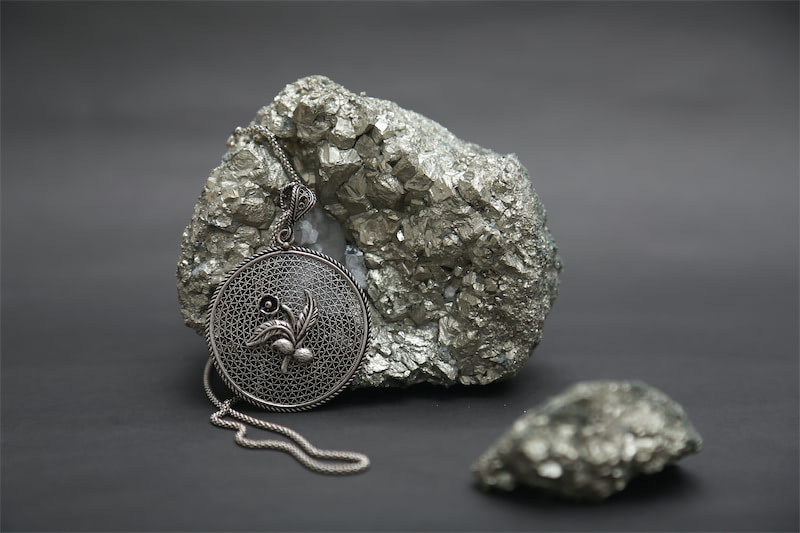Tin ore imports, China's cumulative tin ore imports from January to July reached 69,119 mt in physical content, down 34.8% YoY from 106,000 mt in the same period last year. Imports from Myanmar plummeted to only 14,157 mt in physical content, a sharp YoY decline of 77.1%. As a major tin ore supplier to China, Myanmar's significant production decline has substantially impacted China's tin ore supply structure. In contrast, tin ore supply from Africa saw notable growth, with supply reaching 30,608 mt in physical content from January to July, up 26.3% YoY from 24,235 mt, becoming a key incremental source for China's tin ore imports.
Refined tin trade, China's tin imports in July were 2,167 mt, up 21% MoM and a significant 158% YoY; exports were 1,047 mt, down 6.6% MoM and 23.9% YoY.
In Indonesia, the world's largest refined tin exporter, refined tin exports in July 2025 reached 3,790 mt, up 11.5% YoY but down 13.9% MoM. A total of 18 smelters exported in July, with shipments showing a clear tiered distribution: 4 enterprises shipped 300-500 mt, 5 shipped 200-300 mt, and 9 shipped below 200 mt. By export market, exports to China fell sharply by 51% MoM to 540.7 mt, while exports to Singapore rose 21% MoM, and exports to India increased 26.9% MoM to 477.5 mt. From January to July 2025, Indonesia's cumulative refined tin exports reached 29,490 mt, a substantial 63.1% increase YoY, indicating a gradual recovery in Indonesia's global refined tin supply capability.
Data show the global tin market's supply-demand structure is undergoing significant adjustments. The sharp contraction in Myanmar's tin ore supply has directly driven China to seek alternative resources in Africa, which has become a key incremental source for China's tin ore imports, reshaping the tin ore supply landscape.
Refined tin side, Indonesia's exports are gradually recovering, with cumulative exports from January to July up significantly YoY, playing a key supporting role in global refined tin supply. However, its exports to China declined MoM, indicating a slight shift in export market focus. China's own refined tin imports also showed a substantial YoY increase, reflecting positive signals from domestic market demand.
Notably, uncertainties remain in Indonesia's tin supply. The Indonesian government plans to change the RKAB (Work Plan and Budget) approval cycle from every three years to annually, requiring enterprises to resubmit relevant documents by October 2025; additionally, a top-tier Indonesian enterprise's mining license is still in the process of change. These dual factors are expected to continue affecting Indonesia's actual tin ingot export volumes in August, potentially causing disruptions to short-term global refined tin supply stability. Overall, the tin market is currently adapting to a new supply-demand balance on both ends. Going forward, it will be necessary to continuously monitor the progress of mine development, policy adjustments in major exporting countries, and changes in consumer demand for their further impact on the market.

![The Most-Traded SHFE Tin Contract Opened Lower and Then Traded Stronger, Spot Market Recovers Amid Downtrend [SMM Tin Midday Review]](https://imgqn.smm.cn/usercenter/WWXJU20251217171753.jpg)
![The most-traded SHFE tin contract fluctuated rangebound during the night session, with downstream enterprises mostly following up with small-lot transactions. [SMM Tin Morning Brief]](https://imgqn.smm.cn/usercenter/bYFQn20251217171752.jpg)
